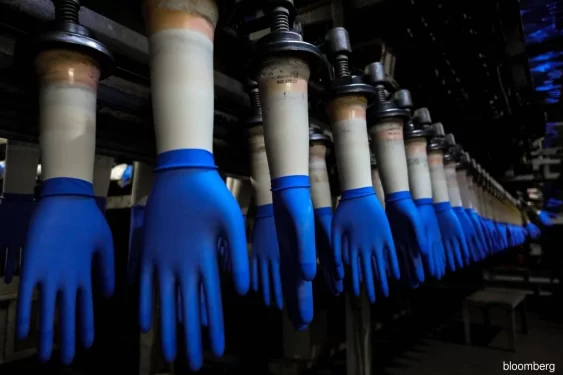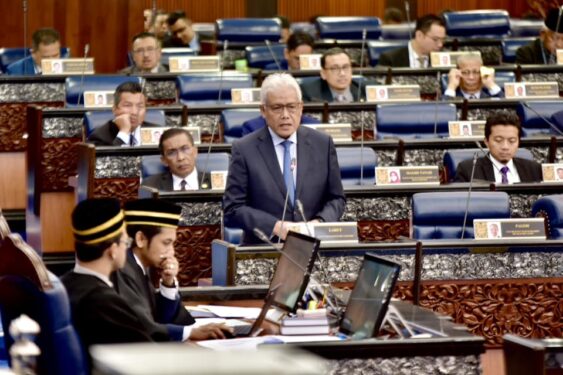MALAYSIA currently practices two-tier healthcare system in which prescription and dispensation of medicines are separated only in public hospitals and clinics, while private healthcare facilities combine both.
This is said to have led to the rise in cost of private healthcare services. Thus, there have been numerous calls to separate dispensing and prescription over the years.
While this is welcomed by pharmacies and the conglomerates that own them, there has been resistance from the medical fraternity.
The Star newspaper in a May 2019 report, quoted former health minister Dr Dzulkefly Ahmad as saying thorough discussions and studies were needed on the proposal to separate prescribing and dispensing medicine in the country.
He said that if the system was implemented without careful consideration, various issues and problems involving patients could arise, such as patients having difficulty finding a pharmacy after getting the prescription.
Dr Dzulkefly also highlighted that the ministry was in discussion with clinics and pharmacies on the issue.
Meanwhile, the CodeBlue portal reported in April last year that the Malaysian Medical Association (MMA) had opposed the separation of prescription and dispensation, saying that the system was only feasible in a single-payer health system.
CodeBlue quoted then MMA president Dr Mohamed Namazie Ibrahim as saying: “The separation may be applicable when a one-payer system (national health financing) is in place.
“Malaysia’s health care system is multi-payer with various public and private sources paying for care, such as the Health Ministry, the Education Ministry, private insurance, and corporations, unlike single-payer systems in countries like the United Kingdom or Taiwan where healthcare payments are borne by one payer, the government.”
He further stated dispense separation would result in increased cost and cause inconvenience to patients, adding that any change in policy must benefit the patients ultimately.
According to CodeBlue, Dr Namazie had also called for review of general practitioners’ consultation charges on a yearly basis or every three years.
On a notion that dispensing separation could lead to cheaper medicines due to competition among pharmacies, Dr Namazie said patients still had to pay the full cost of drugs at pharmacies besides doctors’ consultation fees compared to the current system which offered one bundled fee that was cheaper.
“It is also inconvenient as the patient has to spend time and money to look for a pharmacy,” he noted.
CodeBlue in March 25 2019 report, also stated that a pharmacists’ group, Malaysian Community Pharmacy Guild (MCPG), has called for the separation of prescribing and dispensing medicines nationwide by 2025 and aimed to propose this to the Health Ministry by 2023.
The report quoted MCPG president Lovy Beh as saying the separation would help community pharmacists to fulfil their role as a safety net, as a check and balance for prescribed medicines in primary care for the nation.
Focus Malaysia on June 2013 reported that retail pharmacies in the country could be in for a huge windfall of more than RM800 mil per annum if the proposal to separate the prescription and dispensing of medication by private clinics goes through.
The report revealed that large retail pharmacy chains were upbeat of the change and some had lined up aggressive expansion plans.
The report also quoted Malaysian Pharmaceutical Society then president Datuk Nancy Ho as saying: “If the system change happens, pharmacies do not have to be distracted by other operations such as selling non-healthcare products to make up the revenue. They can focus on their core competencies instead.”
It said the move was also expected to have spill over effect on generic drug manufactures due to increase in demand as private pharmacies typically distribute more generic medicines than innovator drugs.
Such change in the healthcare system is a significant transformation while keeping all parties concerned happy may not be possible. With all the opposition and political uncertainties in the country, will this materialise anytime soon?
Time is the only answer. We shall wait and see. – Sept 17, 2020










